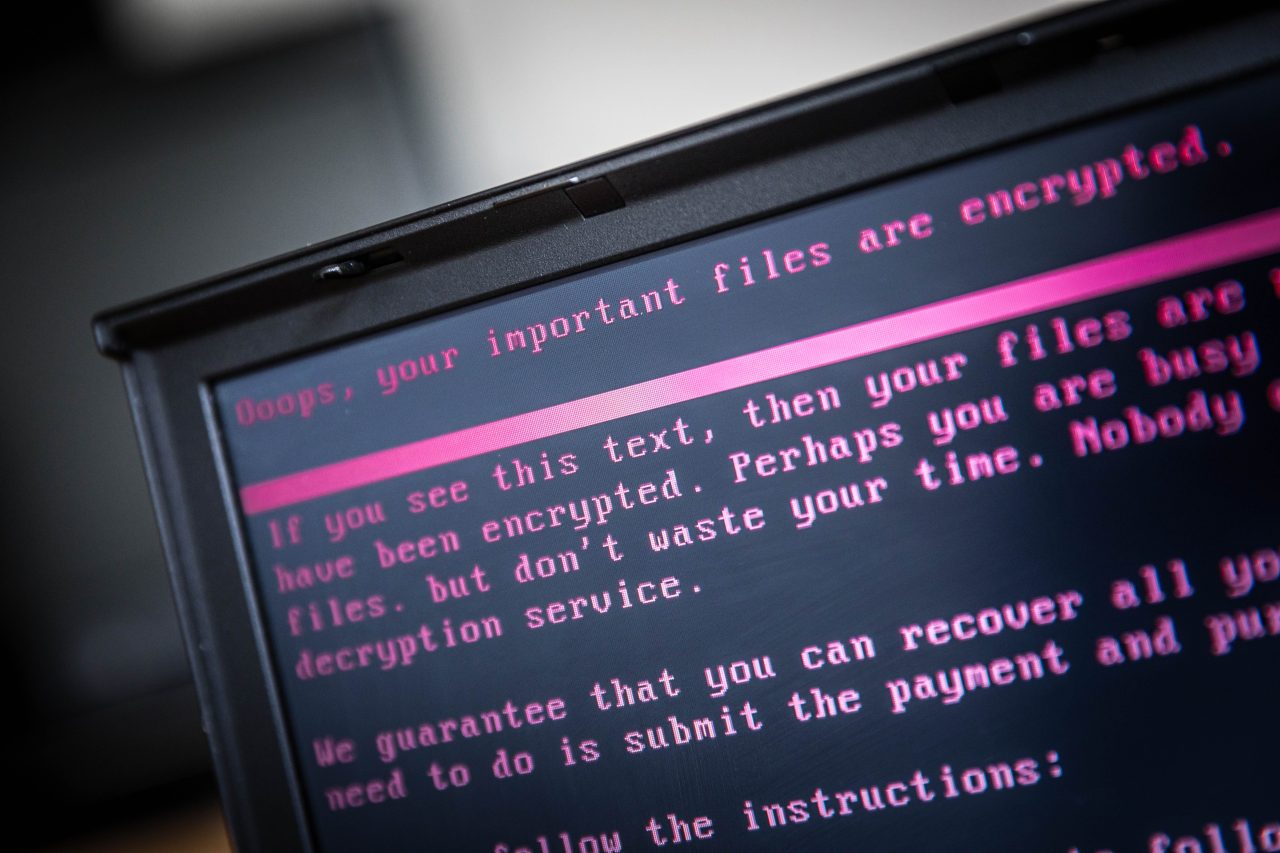Local Governments Become Unwitting Malware Vectors
The bigger the government is, the bigger the target they are for cyberattacks, but at the same time, the bigger their budget for cyber security.
At the lower end of the scale in Australia are 537 local government authorities, which maintain some of the nation’s most critical infrastructure assets and are also at the most risk of cyberattack.
Increasingly, these local government authorities are monitoring their assets with remote sensors and moving into the world of IoT, but at the same time, they have very little in the way of a cybersecurity posture.
These organizations maintain roads, bridges, water services, and waste collection, which are used every day by a population of more than 20 million Australians.
Disrupting these services would play havoc with the economy’s smooth functioning and present as an easy target for increasingly sophisticated “bad actors”.
Call for help
In recognition of this, Linda Scott, the Australian Local Government Association president, has called for more cybersecurity support for the sector after a series of recent attacks.
The ALGA has asked for AUD10 million in funding to assess “local government’s preparedness to deal with cyber-attacks and data breaches.”
The organization is also seeking the appointment of a dedicated chief information security officer to tighten procedures across the sector.
“Local councils are being targeted by ransomware and other phishing cyber threats with the intention of service disruption and stealing valuable information for monetary gain”
The call came after Isaac regional council, which covers an area north of Rockhampton and south of Mackay in Queensland, confirmed it had experienced a security breach in early April.
Isaac chief executive Jeff Stewart-Harris said the council’s IT systems had been shut down to protect against data theft in the wake of the malicious attack, which was identified as ransomware.
“At this stage, we do not have any evidence of large data uploads out of our system; however, this is still being fully investigated, so it can’t be guaranteed,” Stewart-Harris said.
Isaac Council is working with Dell Incident Response and Recovery Services and the Australian CyberSecurity Centre to…



